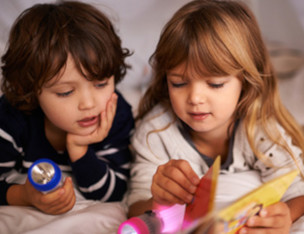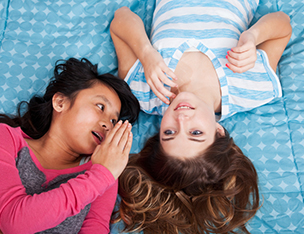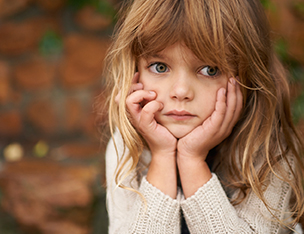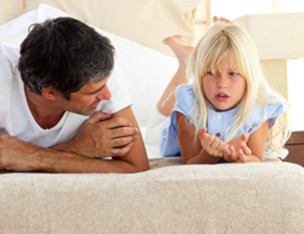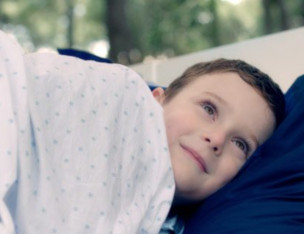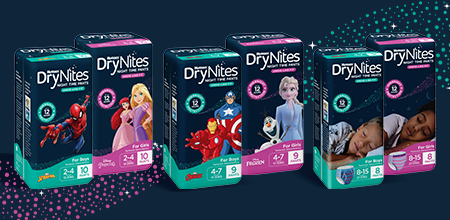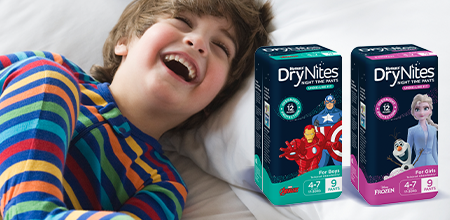TIP 1
Bedwetting pants for extra protection. Pull them on and wear them all night, safe in the knowledge that no one can tell they are there except you. A sealable plastic bag in with your things is a great way to zip them up in the morning, ready for the trash. Once again, a supervising adult will be on hand to help out. Maybe you’ll even have a signal or password so they can let you know the coast is clear.


